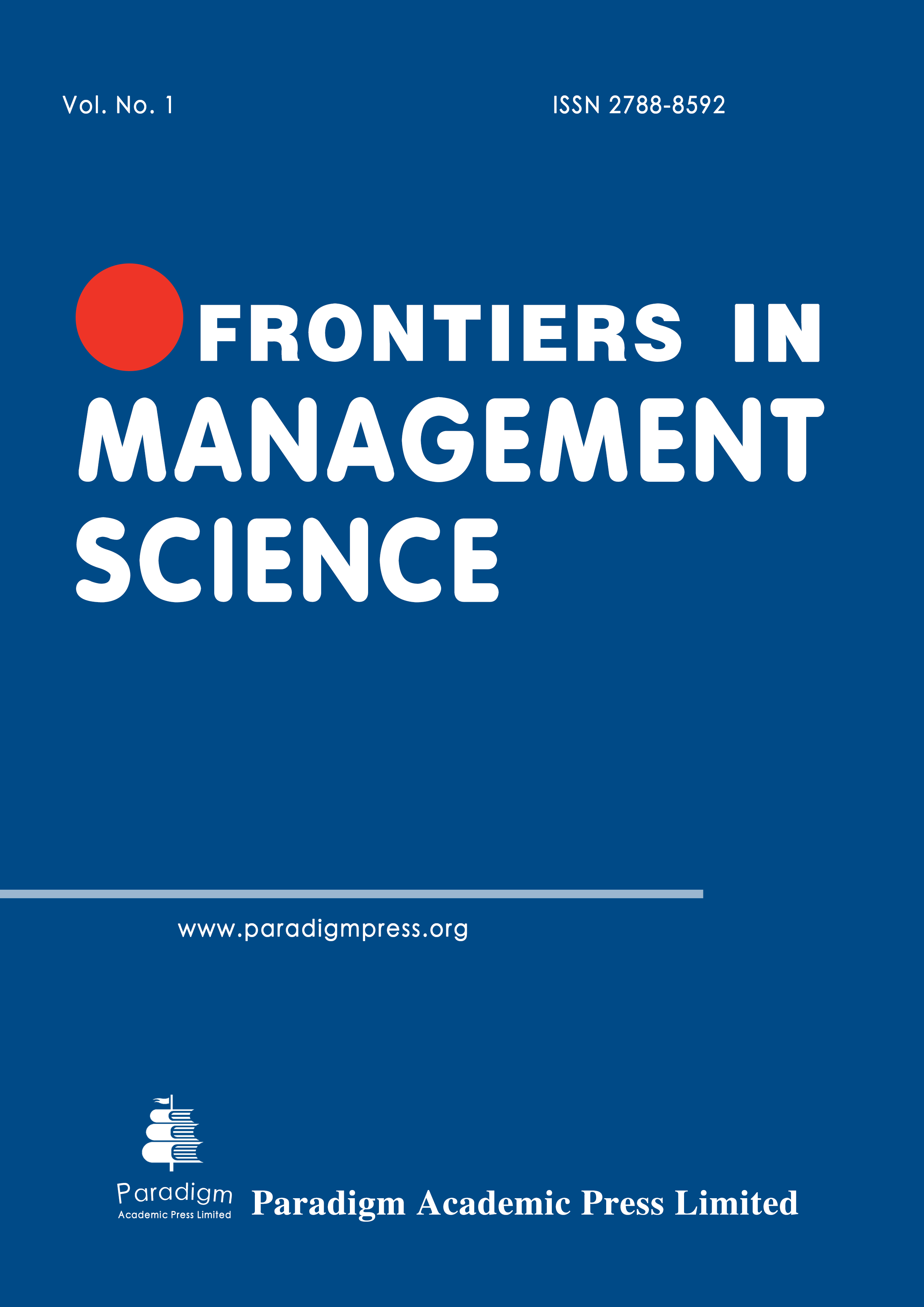Explaining the Nexus Among Government Spending, Real Exchange Rate and Private Sector Investment in Cameroon
Keywords:
government spending, real exchange rate and private investmentAbstract
The main objective of this study was to investigate the nexus between government spending, real exchange rate, and private investments in Cameroon. The autoregressive distributed lag (ARDL) model was used to address issues of cointegration a time series data drawn from the World Bank WDIs spanning the period 1985-2020. The results reveal that the effect of government spending on consumption has a positive and significant effect on real exchange rate in the short run and a negative and significant effect on real exchange rate in the long run. Military expenditures as a proxy for government spending, have a positive and significant effect on real exchange rate in the long-run and a negative and significant effect in the short-run. More so, real exchange has a negative and significant effect on private sector investments in the long-run. Government consumption spending reinforces the negative effect of the exchange rate on private sector investments in the long-run and mitigates it in the short-run. The implication of these findings is that government consumption spending is key in managing the overall macroeconomic competitiveness of the Cameroon economy, which can incentivise or disincentives private sector investments.



